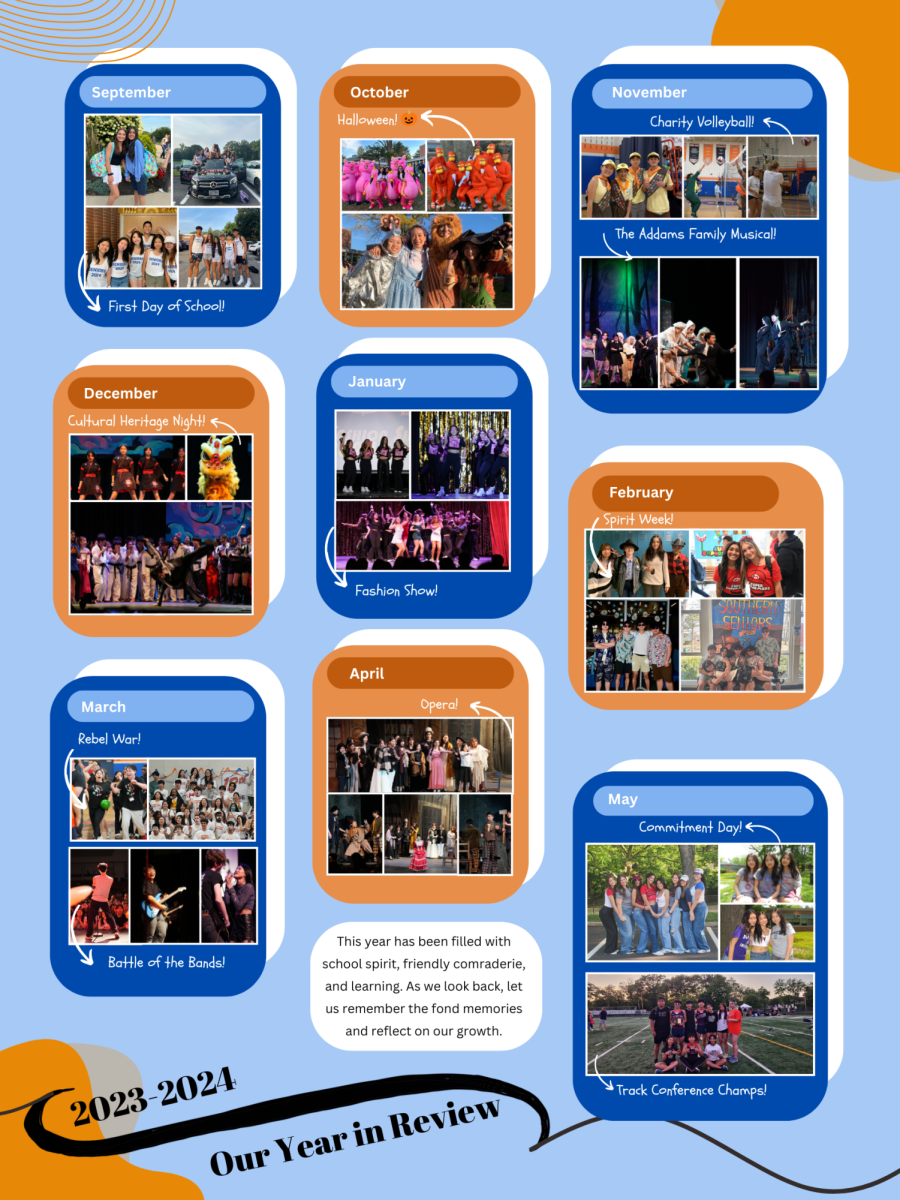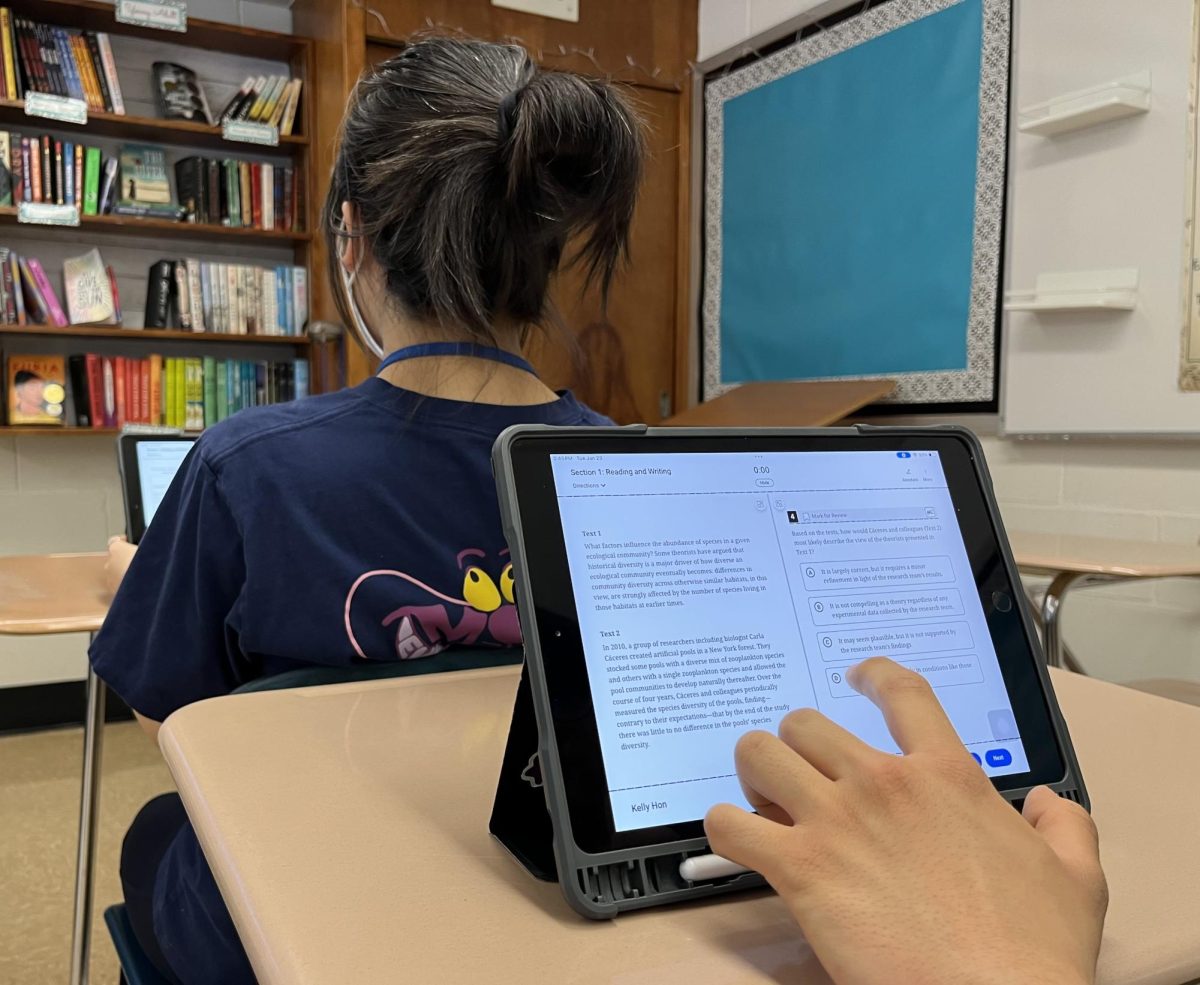WEB EXCLUSIVE
By Allisen Lichtenstein
It’s the first day of English class and students stroll in and take their seats. For once, they aren’t nervous. They aren’t worrying about the novel they read the day before or about writing an essay on it during the first week of school. They only have one sheet of paper in their hands: their summer reading assignment.
This year’s summer reading assignment for all students was transformed into something South had never seen before: an assignment where the student—not the teacher—decided the books he or she read. The only formal instruction students were given was to keep track of the books they read over the summer on the assignment sheet. Students took advantage of this new found freedom; some filled up their summer reading sheets with an eclectic range of books, while others wrote down one or two books. Students shared the novels they read with teachers, friends and peers; they had discussions about books they actually read.
Mr. Weinstein, the teacher who created the assignment, stated that the goal of the assignment was simply to “to encourage a lifelong love of reading.” This assignment was meant to give students a chance to enjoy the books they read. They read not because it was “required,” but because of a true passion for reading.
However, AP English classes did have a formal summer assignment. Mr. Weinstein said that this assignment “acts as a nice dividing point.” The AP classes have different expectations than those of a Regents level course, and a formal assignment helps AP students understand what is expected of them.
Although this year’s assignment is different, it still embodies some key components that teachers want to implement. Teachers are attempting to thread the ideas of the assignment into their classes by encouraging students to read independently and to keep ongoing reading goals.
Summer Reading: Goals for Life
October 7, 2013










